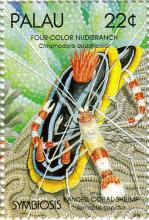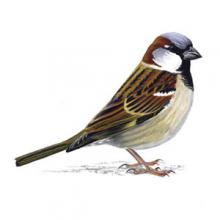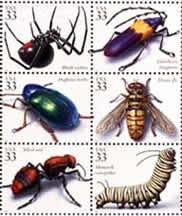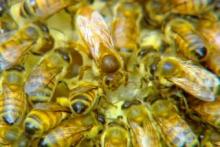
The Bicknell's thrush (Catharus bicknelli), a rare songbird that breeds atop mountains in the Adirondacks and northern New England and winters in the Caribbean, is being considered for endangered species status, the U.S. Fish and Wildlife Service said. The sparrow-sized brown bird, which nests at elevations over 3,000 feet in New York, Maine, New Hampshire and Vermont, has one of the most limited breeding and wintering ranges of any bird in North America. Scientists consider the decline of a plant or animal species to be an indication of the overall health of the natural environment. Measures to protect the Bicknell's thrush would also benefit other species that depend on the boreal forests they inhabit. The bird was first discovered by amateur ornithologist Eugene Bicknell on Slide Mountain in the Catskills in 1881, according to the state Department of Environmental Conservation. With a total population believed to be less than 50,000 birds, it's one of the rarest American songbirds. The thrush's diet consist mainly of insects, but wild fruits are added in late summer, during migration, and on the wintering grounds. They usually forage on the forest floor, but also catch flies, and glean insects from the foliage of trees.










